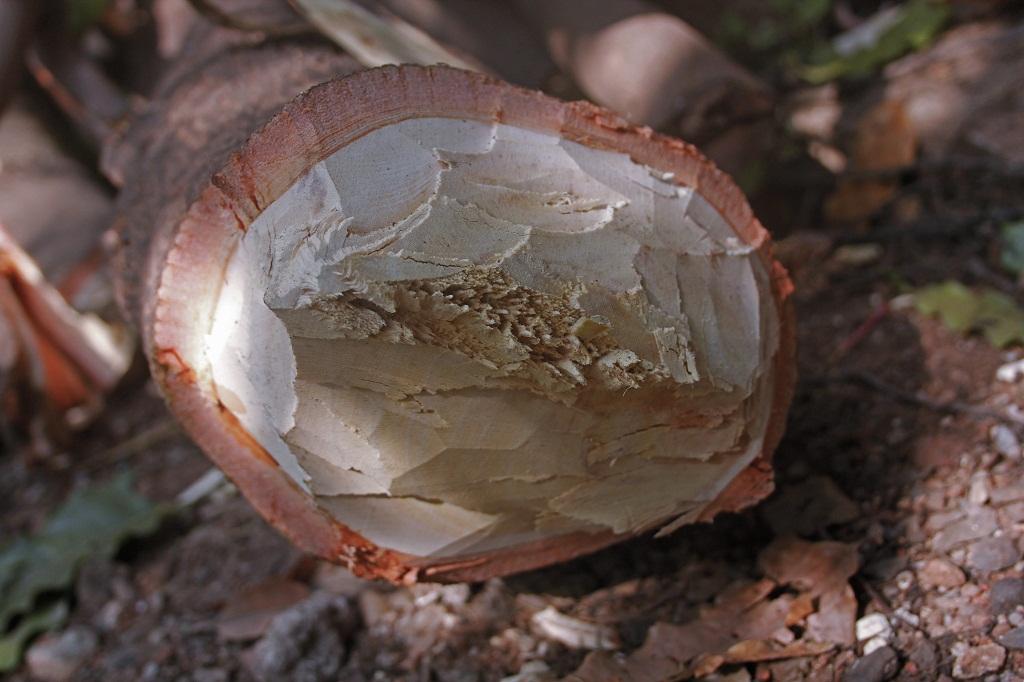07 Feb CITES Report on Red Sanders Smuggling in India
CITES Report on Red Sanders Smuggling in India
The Convention on International Trade in Endangered Species of Wild Fauna and Flora (CITES) is a global treaty aimed at protecting endangered species and their habitats. In its recent report, CITES has highlighted the issue of red Sanders smuggling in India and the steps taken by the Indian government to protect the species. This report is related to daily Current Affairs for the UPSC examination.
About Red Sanders
Red Sanders, also known as red sandalwood, is a species of tree native to India. The species is known for its high-quality wood, which is used in the manufacture of furniture, musical instruments, and other items. The species is also known for its medicinal properties, making it highly valuable in traditional medicine.
However, the high demand for the Sanders has led to illegal and unsustainable exploitation of the species, resulting in its decline and making it one of the most sought-after species for illegal trade. According to the CITES report, the majority of this Sanders smuggling takes place in India, where the species is endemic. The report also highlights the role of organized criminal networks in the illegal trade of Red Sanders.

Red sandalwood
Steps were taken by the government of protecting Red Sanders
To protect the species and combat illegal trade, the Indian government has taken several steps. The government has declared the Sanders as a protected species under the Wildlife Protection Act, of 1972, making it illegal to trade in Red Sanders without proper authorization. The government has also established a special task force to monitor and control the illegal trade in the Sanders.
The Indian government has also taken steps to increase public awareness about the importance of protecting Red Sanders. The government has launched several campaigns to educate the public about the illegal trade of the Sanders and the consequences of engaging in such activities. The government has also established community-based conservation programs aimed at promoting the sustainable use of the species and its habitat.
In addition, the Indian government has increased its efforts to prevent the illegal trade of the Sanders. The government has stepped up its enforcement efforts and increased its cooperation with international organizations, such as CITES, to combat the illegal trade of Red Sanders. The government has also increased its surveillance and monitoring efforts at ports and airports to prevent the illegal export of the Sanders.
Conclusion
In conclusion, the CITES report highlights the issue of Red Sanders smuggling in India and the steps taken by the Indian government to protect the species. The illegal trade of the Sanders poses a threat to the species and its habitat, and it is important for the government and international organizations to work together to combat this illegal trade. The measures taken by the Indian government, such as declaring the species as protected, establishing a special task force, and increasing public awareness, are important steps in the right direction. However, much more needs to be done to ensure the long-term survival of Red Sanders and other threatened species.
Source:
Daily Current Affairs for UPSC
The topic “Red Sanders Smuggling in India” under daily current affairs talks about the status and report of the red sandalwood smuggling in India. Read such kind of the latest news for Plutus IAS daily current affairs site. It provides the best daily current affairs for the UPSC examination free of cost. Also, collect today the weekly and monthly current affairs for IAS exam preparation.
Download the PDF now:




No Comments